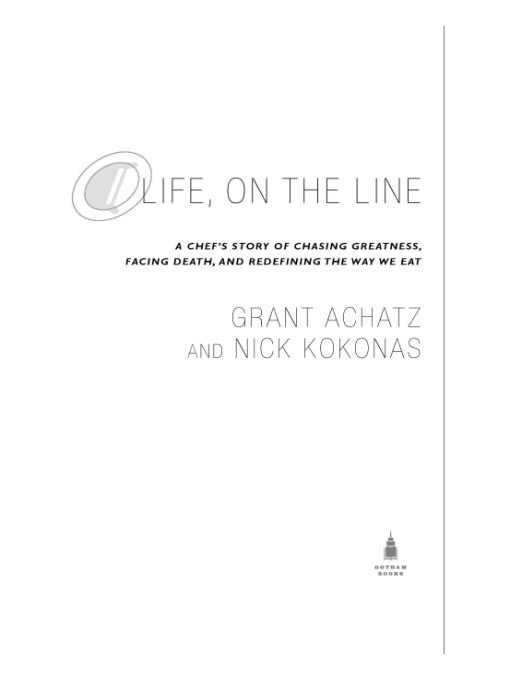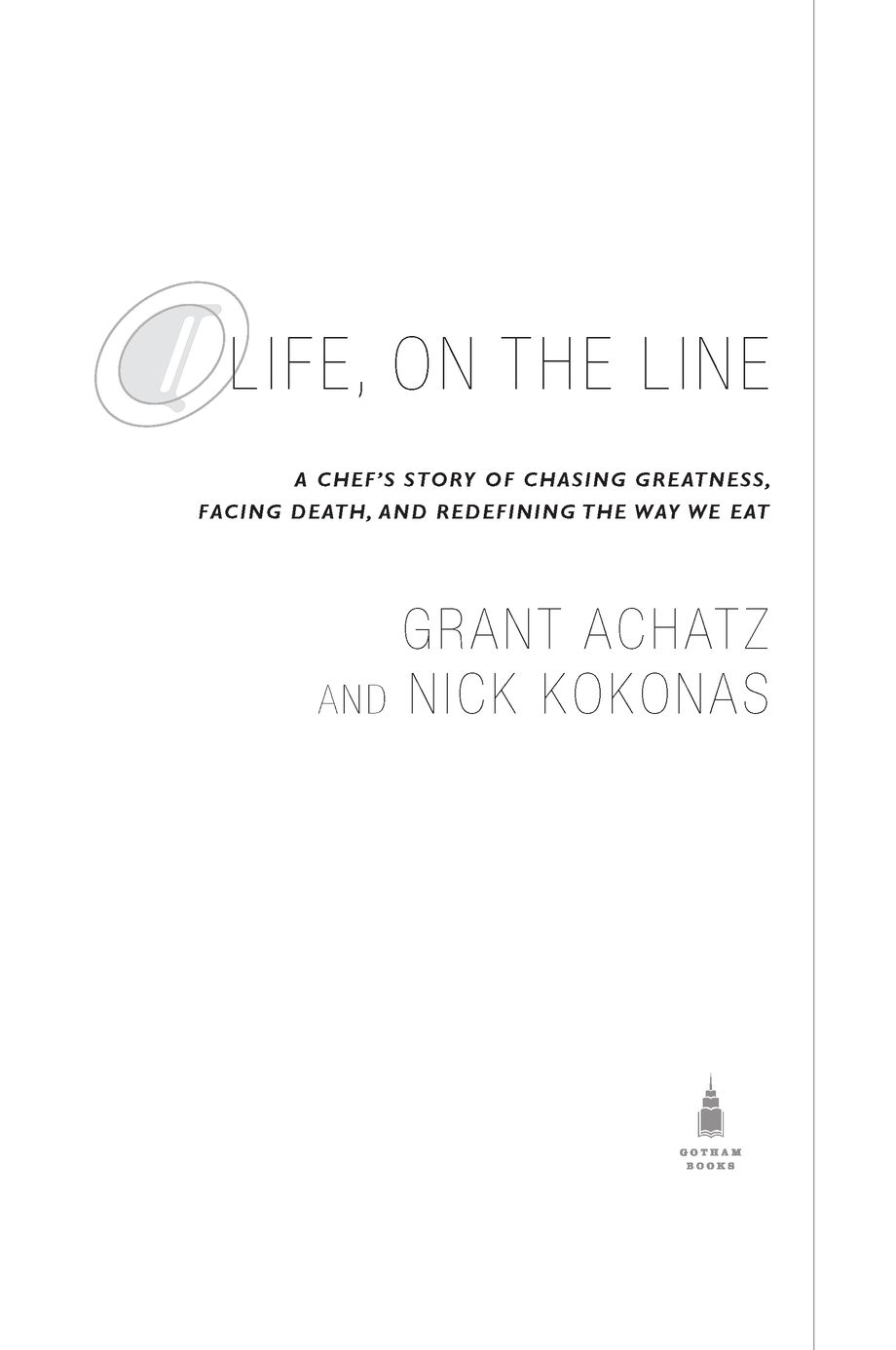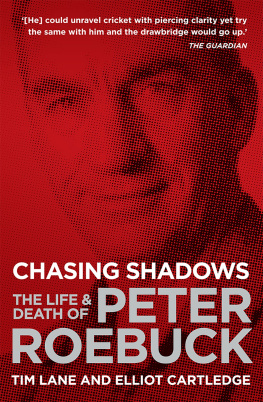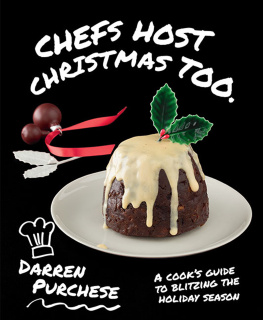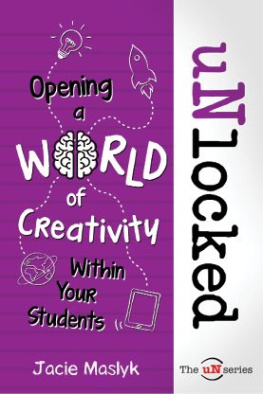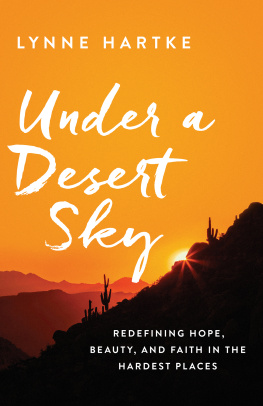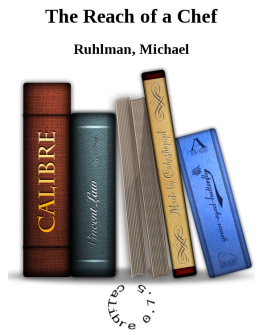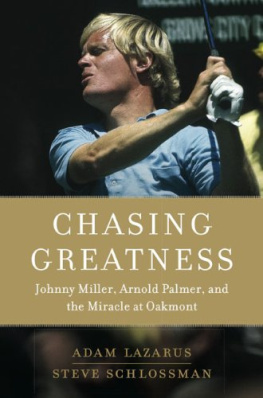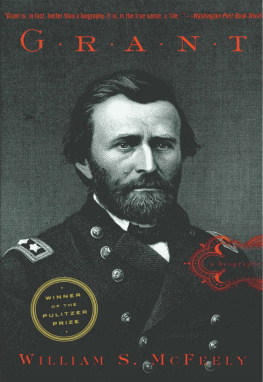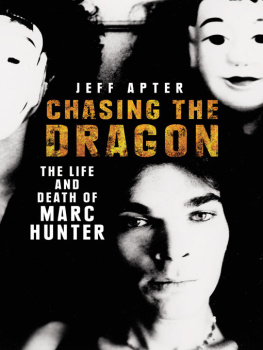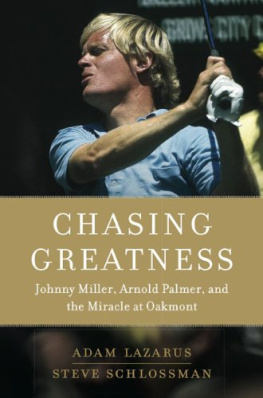Table of Contents
PREFACE
On June 8, 2008, I flew to New York to attend the James Beard Foundation Awards. I was nominated for the Outstanding Chef Award. It is the ultimate recognition a chef can get at the Beard Foundation, and arguably the ultimate recognition for an American chef, period. I wanted to win.
I just didnt want to be there when I won.
Five months earlier I had finished a brutal course of chemotherapy and radiation treatment for stage IVb squamous cell carcinoma. There is no stage V or even a IVc. The cancer was located primarily in my tongue and was a tumor that took up more than 50 percent of the visible part. According to the scans, it had also metastasized to my lymph system, located primarily on the left side of my neck. Everyone certainly hoped it had not spread below my collarbones. If it had, welltime to get your affairs in order.
The chemotherapy had left me bald, pimpled, scaled, and sore. The radiation had burned my tongue and face from the inside out. The lining of my esophagus would shed like a snakeskin and I was forced to peel it out of my throat while choking and vomiting. I started the treatment at 172 pounds. By the end I weighed 127.
I couldnt taste a thing. Nothing. Food was cardboard and salt was just sand in my mouth, dissolving oddly and slowly with no purpose. Eating was a horrific and painful ordeal to be tolerated three or four times a day. Cooking at Alinea became a gauntlet to run every night: wonderful smells that you cant taste, food you used to love that you cant eat.
By the time the Beard Awards arrived, I had begun to recover from the treatment. I was in remission and apparently cancer-free. But the healing process would take time, and now I had to show up at Lincoln Center in New York, greet the other chefs, the restaurateurs, and the press.
I wanted to run away. I looked terrible. I had a scraggly goatee because I was unable to shave without peeling away my skin. My hair had started to grow back, but the back of my head was still baldI looked like a sixteenth-century monk. My legs were sticks and the skin over my rib cage was sunken in. The tuxedo draped over my shoulders like it would on a hanger.
But what really concerned me was that I could barely talk. My tongue was half the size it used to beit was nearly all tumors, and now those tumors had been vaporized by radiation. It was peeled, red, white, and sore, and the muscles that control it had been atrophied by the radiation. Part of my neck and most of my lymph nodes had been removed, leaving nerve damage under my chin. My lips didnt always go where I intended them to, and my speech sounded slurred and distorted. Like eating, speaking was arduous.
None of this was a good setup for a public appearance. And it got off to an awkward start. When I arrived at Lincoln Center, many of the countrys great chefs tried to avoid me. No one approached me to say hello. I walked through the crowd and felt like a leper. At that time it did not occur to me that they were trying to act normal, to not have to ask, How are you doing?
The only good news at this point was that I was reasonably certain I would not win. Nick Kokonas, my business partner, put my chances as only a good friend could: You have no chance of winning. Dan Barber is going to kick your scrawny ass. He is a great chef, hes been at it longer, and he is from New York. That is a killer combo. And he cooks real food. Youre screwed. We had a good laugh at that, but it was exactly what we both thought.
I grabbed a glass of champagne as a prop and stood in a corner with my girlfriend, Heather. Although I considered leaving, she convinced me to go inside and sit down. I slumped down in my seat and the awards began. These ceremonies tend to drag on, and Outstanding Chef was the very last award to be given.
Finally, Kim Cattrall slinked onstage to announce the last award of the evening. I perked up momentarily, smiled when my name was read as a nominee, and settled back into my chair. Then the announcement: The Outstanding Chef in America for 2008 is... Grant Achatz. I was stunned. Suddenly I was onstage and the crowd stood, cheering. The words, unprepared, tumbled out of me:
Rather than thank specific people who obviously I need to, but in fact, probably know who they are, I want to tell a quick story instead, if I could. In 1996, I started at The French Laundry as a commis. I was twenty-two years old, and I was in awe. I walked into that restaurant, and I saw a gentleman that ultimately would become my mentor and, at this point, even though it feels a little awkward to say, a great friend. What struck me about the restaurant was the push. I had never seen it before in my life. I had never experienced the discipline, the dedication, the intensity, the tenacity, and the drive that both the chef and all of the cooks possessed. I pulled that in, thinking it was going to make me a good cook and ultimately, a great chef. What I didnt know was that it was actually going to save my life. That drive, that tenacity, that dedication that I took in at that restaurant... it became a part of who I am, ten years later, twelve years later. It helped me get through a pretty ridiculous battle.
I think that everybody in the room can be proud of that, because everybody can relate to how cooking, in one way or another, has not only influenced their professional career, but also their lives. Also, I need to thank everybody in this room for the tremendous amount of support that I received in this last year. I had e-mails, countless phone calls, letters, packages, offers from chefs that I consider mentors, friends, colleagues, and visionaries to help in any way that they possibly could at a time when I needed it. I didnt let any of them come to the restaurant and cook like they suggested. I couldnt do that to the [Alinea] cooks. But the support that I received was critical at a time when I needed it and again, I think we can all be very proud of that. I know that it really helped me push through. Thats really it. Im kind of in awe. I think that its an amazing honor, and I really appreciate it, and I thank you all. Thank you.
The award is fantastic for any chef to win, but for me it was a new beginning.
The news of my cancer was on the front page of the Chicago Tribune and covered prominently by the Wall Street Journal and the New York Times, but the news of my recovery was less publicized. Business at Alinea, for the first time ever, began to wanepatrons thought I was still sick, or worsedeadand I was worried that while I had beaten cancer, I had not won the fight for the restaurant I loved. But that award made all the difference. Customers came back. I saw things more clearly and became more focused.
I returned to Alinea the next day, stepped into the kitchen, and worked with a vigor I had never felt before.
PART 1
STANDING ON THE MILK CRATE
CHAPTER 1
My mom pulled a dining room chair over to the stove and turned a milk crate upside down on the seat so I could stir the cherry Jell-O into the hot water. I watched as the powder dissolved like magic, knowing that when it cooled, it would turn into a strange, jiggly solid. At five years old, it was my introduction to cooking.
My mom worked weekends for Grandma Achatz at her restaurant in the riverside town of Marine City, Michigan. A village of four thousand, Marine City sat just across the border from Ontario, Canada. Mom baked pies and cooked short-order breakfasts while I was given a few dishes to wash. The Achatz Caf was tiny. The whole place was basically just eight bar stools and a kitchen, which wasnt much aside from a tabletop griddle for the hash browns, bacon, and sausage links; a few small residential refrigerators; and a beat-up stove. The design was Americana, circa 1965.

